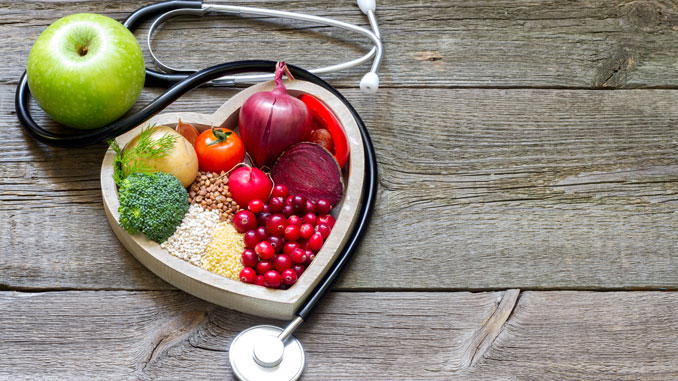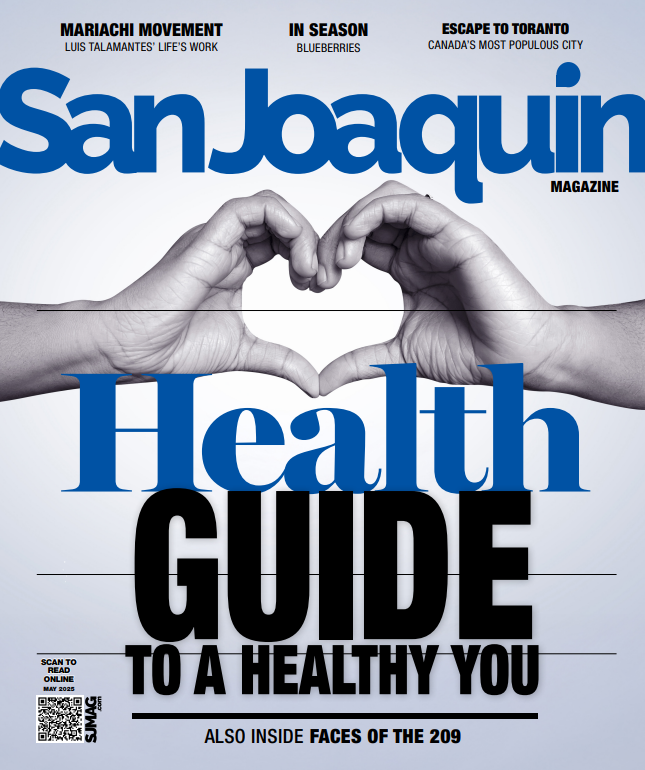
Heart disease is the leading killer of men and women and claims more lives than all forms of cancer combined. While weight control and regular exercise are both critical to maintain a healthy heart, a heart-healthy diet (along with other heart healthy lifestyle choices) may reduce your risk of heart disease and stroke by 80 percent. According to Dr. Ramin Manshadi of the Manshadi Heart Institute in Stockton and President of the California Chapter of American College of Cardiology, “there are many factors that can lead to heart attack and stroke, but diet is one of the most important ones. Bottom line, you are what you eat.”
Three Keys to a Heart Healthy Diet
- Steer Clear of Salt
Eating a lot of salt can contribute to high blood pressure which is a major risk factor for cardiovascular disease. The American Heart Association recommends no more than a teaspoon of salt a day for an adult. That may sound small, but there are many painless—even delicious—ways to reduce your sodium intake. Avoid processed foods that are high in salt and opt for spices in place of salt when you cook. Try fresh herbs like basil, thyme, or chives, or dried spices like allspice, bay leaves, or cumin to flavor your meal.
- Be Smart with your Fats
Cut out trans fats. As well as raising your LDL, or “bad” cholesterol level which can increase your risk for heart attack and stroke, trans fat also lowers your levels of HDL or “good” cholesterol. Trans fats are found in foods such as commercially-baked goods, fried food, and anything with “partially hydrogenated” oil in the ingredients. Eating foods rich in monounsaturated and polyunsaturated fat can improve blood cholesterol levels and lower your risk of heart disease. Some foods containing heart healthy fats are salmon, herring, flaxseed, and walnuts. Other sources of healthy fats include olive oil, avocados, nuts, and nut butters. Dr. Manshadi recommends the use of olive oil and always adds it to his breakfast, lunch, and dinner.
- Cut Back on Sugar
The average American currently consumes around 17 teaspoons (68 grams) of added sugar per day. Instead of sugary soft drinks, white bread, and pasta, opt for unrefined whole grains like whole wheat or multigrain bread, brown rice, barley, quinoa, bran cereal, oatmeal, and non-starchy vegetables. And be aware of how much sugar is added to products such as pasta sauce, ketchup, and BBQ sauce.

